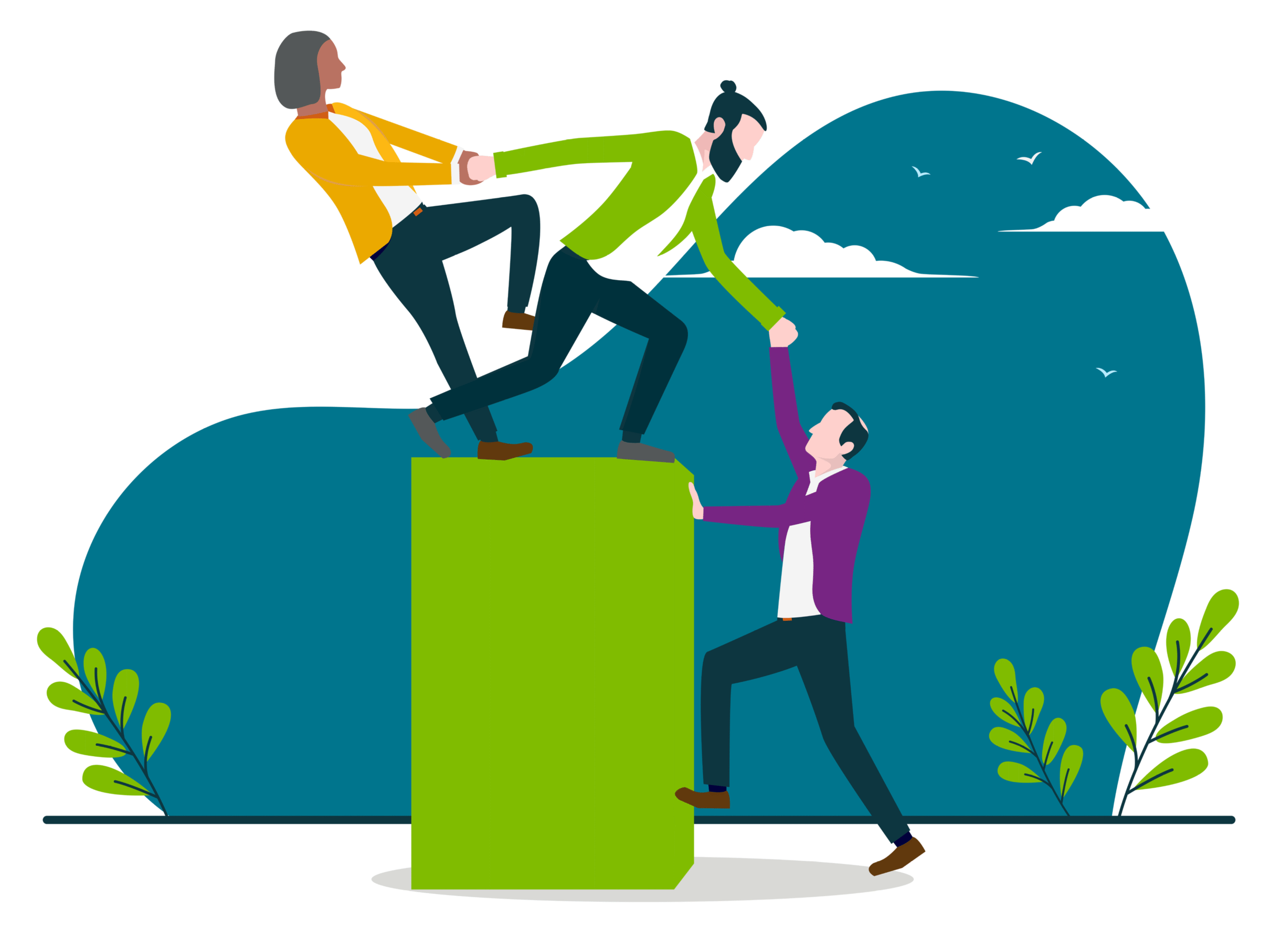
How your company can get ready for disaster season
The start of hurricane season, recent Texas and New Mexico floods, and other extreme weather events remind us just how quickly disasters can impact our communities, our businesses, and our employees. Yet many companies often find themselves unprepared when a

